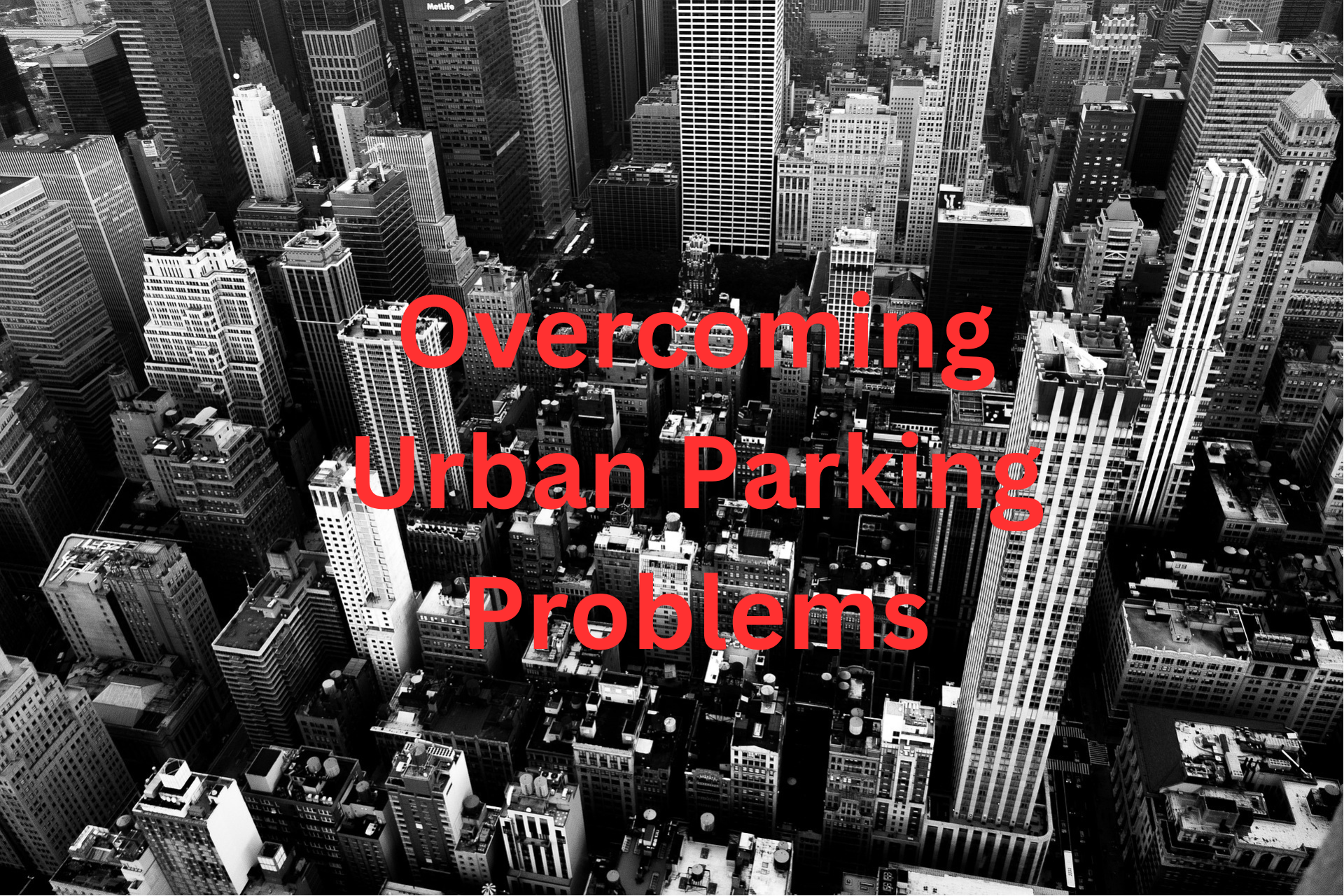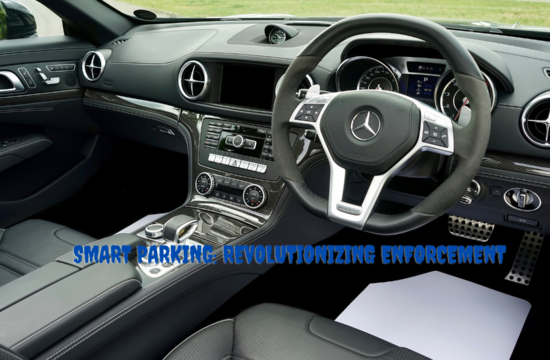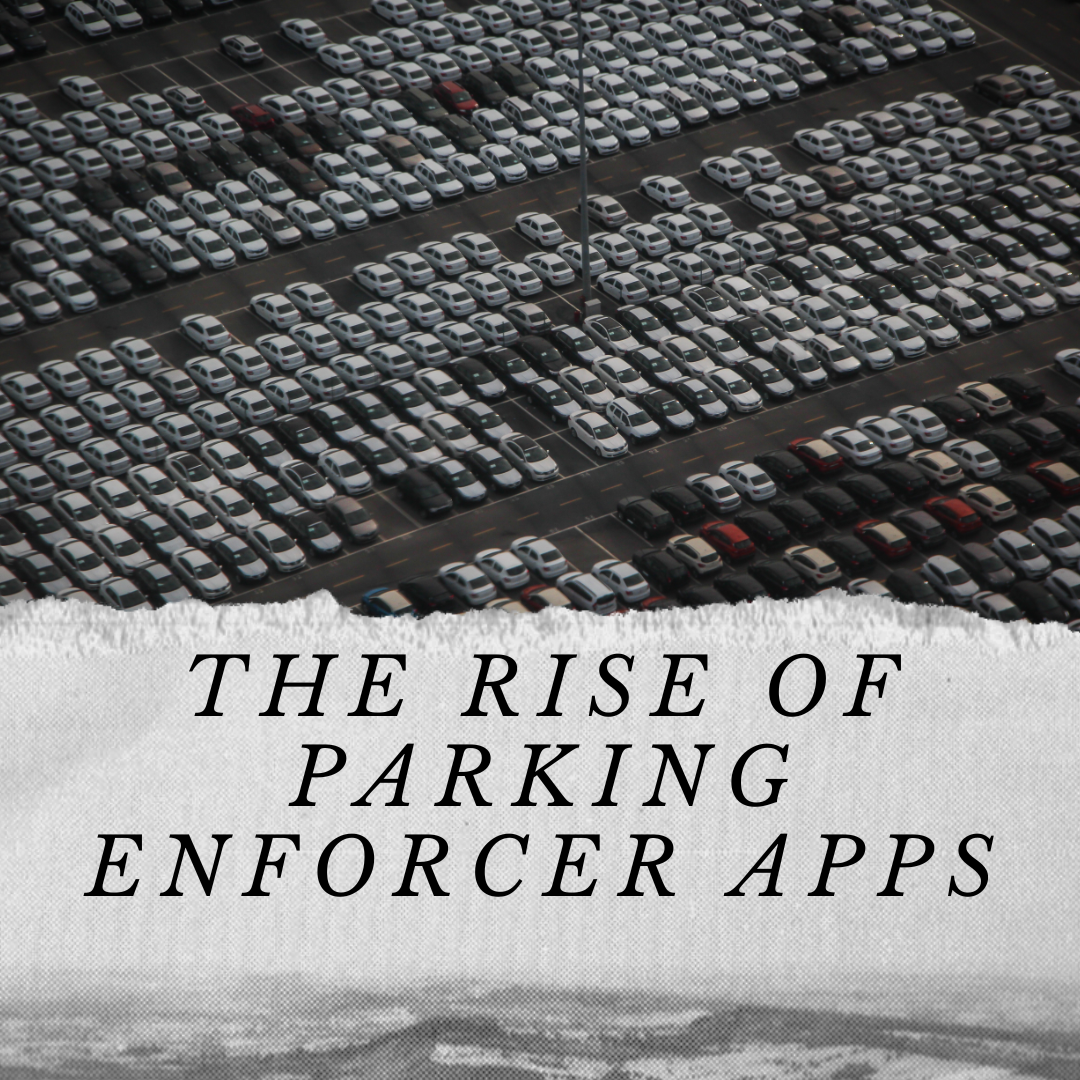Overcoming Urban Parking Problems
Urban areas around the world grapple with the persistent challenge of parking problems. Limited parking spaces, congestion, and unauthorized parking create a range of issues for residents, businesses, and city authorities. However, there is hope on the horizon as innovative solutions are being developed to overcome these urban parking problems. This article explores various strategies and technologies that can help cities address parking challenges effectively. By embracing smart parking systems, implementing dynamic pricing strategies, and encouraging alternative transportation choices, urban areas can take significant steps towards alleviating urban parking problems and creating a more sustainable and efficient parking ecosystem.
Integrating Automated Parking Systems
The integration of automated parking systems has emerged as a game-changer in addressing the challenges of parking in urban areas. These cutting-edge technologies revolutionize the parking experience by automating the process of vehicle storage and retrieval. By maximizing space utilization, reducing congestion, and improving efficiency, automated parking systems offer a promising solution to the growing parking woes in crowded cities. This article explores the benefits and potential of integrating automated parking systems in urban environments.
Advocating for Alternative Transportation Choices
Advocating for alternative transportation choices has become imperative in addressing the increasing environmental concerns and traffic congestion in urban areas. Encouraging modes of travel such as walking, cycling, public transportation, and carpooling can lead to reduced carbon emissions and improved air quality. This article delves into the significance of promoting alternative transportation choices, highlighting their positive impact on sustainability, health, and overall urban livability. By advocating for diverse transportation options, cities can create a more sustainable and efficient transportation network that benefits both the environment and the community.
Expanding Park-and-Ride Options
Expanding park-and-ride options has emerged as a viable solution to alleviate traffic congestion and parking challenges in urban areas. Park-and-ride facilities provide commuters with convenient locations to park their vehicles and seamlessly transition to public transportation for the remainder of their journey. This article explores the importance of expanding park-and-ride options, discussing how it can reduce traffic congestion, lower carbon emissions, and enhance overall transportation efficiency. By investing in and promoting park-and-ride facilities, cities can encourage more people to use public transportation, ultimately leading to a more sustainable and accessible urban transportation system.
Enhancing Multi-Level Parking Infrastructure
Enhancing multi-level parking infrastructure has become imperative in urban areas to address the growing demand for parking spaces. With limited land availability, cities are increasingly turning to multi-level parking structures to optimize the use of space and provide efficient parking solutions. This article delves into the significance of enhancing multi-level parking infrastructure, exploring the benefits it offers, such as increased parking capacity, improved traffic flow, and reduced congestion. By investing in modern technologies and design innovations, cities can create well-designed and user-friendly parking facilities that cater to the evolving needs of urban dwellers, ultimately improving the overall parking experience and contributing to a more sustainable urban environment.
Implementing Adaptive Pricing Systems:
Implementing adaptive pricing systems is a progressive approach to addressing the challenges associated with parking management in urban areas. Traditional fixed-rate parking fees often lead to inefficiencies and mismatches between supply and demand. By adopting adaptive pricing systems, cities can dynamically adjust parking prices based on real-time factors such as occupancy rates, time of day, and demand levels. This article explores the benefits of implementing adaptive pricing systems, including optimizing parking utilization, reducing congestion, and encouraging efficient use of parking spaces. With the ability to flexibly respond to changing demand patterns, adaptive pricing systems offer a promising solution to improve parking availability, enhance revenue generation, and promote a more sustainable urban environment.



